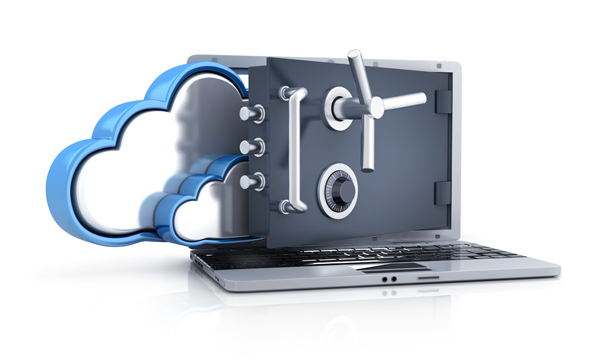Data restoration and migration services for backup replacement
The Iron Mountain Data Restoration and Migration Services leverage the benefits of storing data on tape media and provides quick and cost-effective access. It enables the recovery of data from tape media written in common, commercially available format.

Customers want cloud and hyper-convergence
With the advent of Intel-based servers and virtualisation technologies like VMware, organisations are experiencing an explosion in the number of server instances. Shared storage environments allow higher utilisation levels for expensive data centre infrastructure. However, with significant growth in data volumes, particularly unstructured data, just “keeping the lights on” often stretches budgets to the limit.
While organisations have consolidated data centre hardware, current back-up retention requirements, interoperability restrictions between proprietary back-up formats and the cost involved in deploying enterprise grade backup software, mean many organisations find little cost benefit in switching vendors. As a result, IT departments struggle with legacy backup software deployments that are overly complex, difficult to maintain and, in some cases, do not meet the required service levels.
In an ideal world, IT departments would be able to “switch off the old and switch on the new,” to transition to newer, more cost-effective architectures with in-built data protection mechanisms. Although legacy backup solutions have evolved, recovery of data more than a few months old can be both time consuming and challenging.
The business challenge
Business continuity best practice dictates that organisations adopt a 3-2-1-0 approach to backup management: three copies of the data, on two differing media, one copy offsite and zero recorded failures. The rise of cyber threats to business adds to the complexity of protecting disk-based secondary data copies or the compromise of array-based hardware snapshots. The simplest and most secure method of protecting data against cyber-attack is the “air gap” approach.
Legacy back-up applications are unable to read data from disk fast enough to keep tape media streaming results in media wear, leading to tape drive failure and slow throughput. The advent of disk-to-disk-tape solutions addresses the media throughput but can lead to a twenty-fold increase in backup data kept on disk. Even with deduplication technology, most organisations find it uneconomic to retain more than a few months of backup data on disk. This practice can expose them to the risk of non-compliance with data retention policies.
The public cloud is the most recent off-site solution for backups. While this ensures data is offsite, network latency issues can affect throughput, which often leads to backup and restoration service levels inferior to those achieved using tape-based solutions.
Without an air gap, data remains vulnerable to cyber-attack as it is still “on the network.” Furthermore, cloud centric backups attract ingest and egress costs that often deter clients from switching to alternative solutions.
Benefits of tape media
In contrast, tape media offers a number of benefits including:
- Security: A physical air gap between tape library and tape vault means the data is virtually immune to cyber-attack.
- Reliability: The error rate on tape is significantly lower than disk. Instead of creating disk-based RAID sets, writing two copies of tape media protects against media issues.
- Speed: Sequential reads of large datasets from tape match, or exceed, disk rates and far exceed the rates achievable by cloud solutions accessed via the internet.
- Low cost: The cost per gigabyte (GB) of tape in a managed vault is generally significantly less than the cost of a public cloud solution.
- Energy efficiency: Tape media is at rest for much of its lifecycle and as such has little or no carbon footprint.
- Portability: To move petabytes of data between data centres by tape is straightforward and circumvents vendor lock-in.
Iron Mountain Data Restoration and Migration Services
The Iron Mountain Data Restoration and Migration Services (DRMS) leverage the benefits of storing data on tape media and provides quick and cost-effective access. It enables the recovery of data from tape media written in common, commercially available format.
Conclusion
Organisations need to break away from the constraints of legacy data management solutions and reinvent their approach to application delivery through cloud.
The rapid retirement of complex legacy backup software and hardware components delivers significant savings on subscription licenses, capacity-based licensing models and associated maintenance costs. Re-engineering around newer technologies aligned with the modern approach to business continuity enables IT departments to focus resources on delivering new platforms and go-to-market enablement.
Related resources
View More Resources
What is document archiving?


